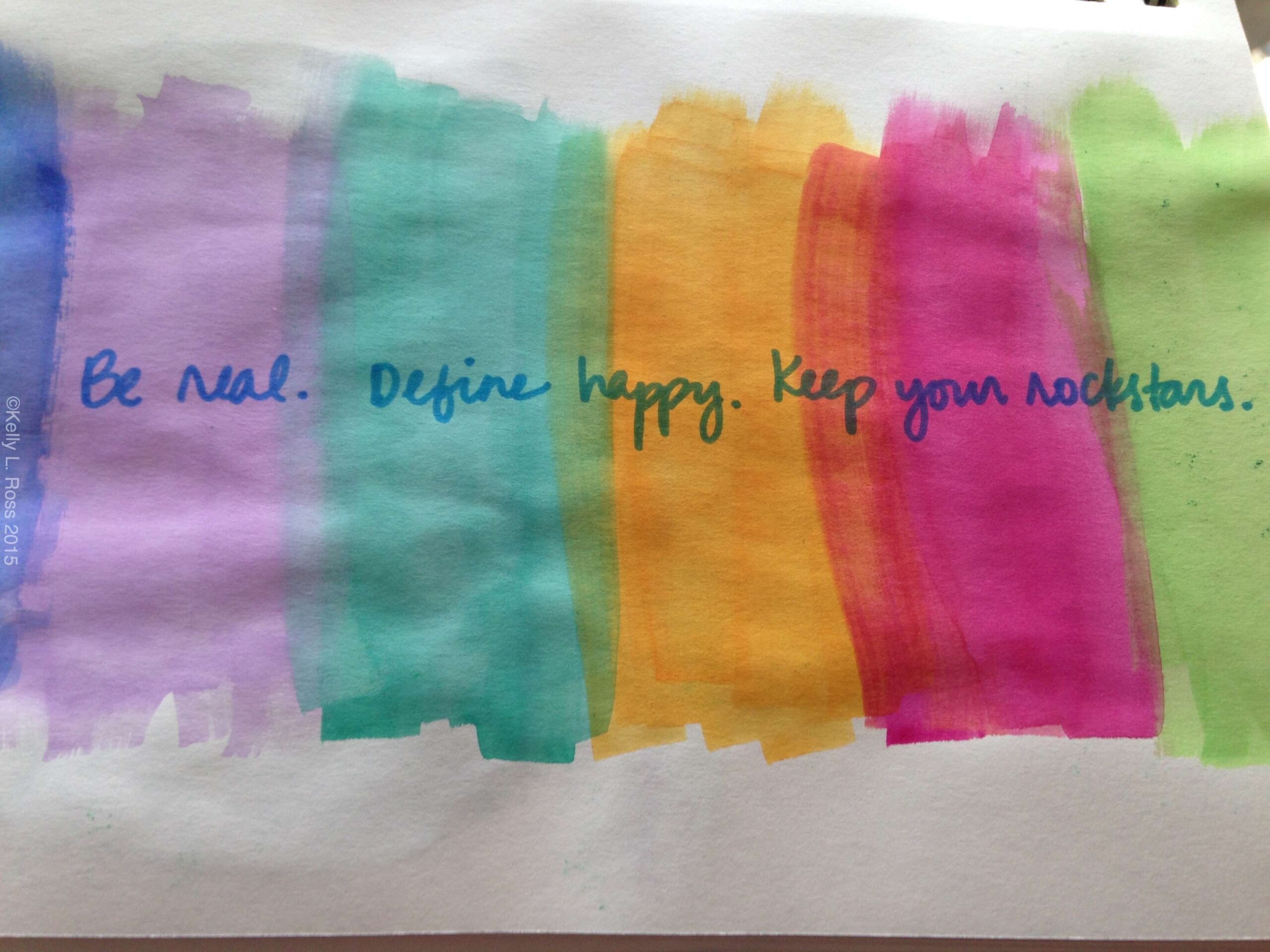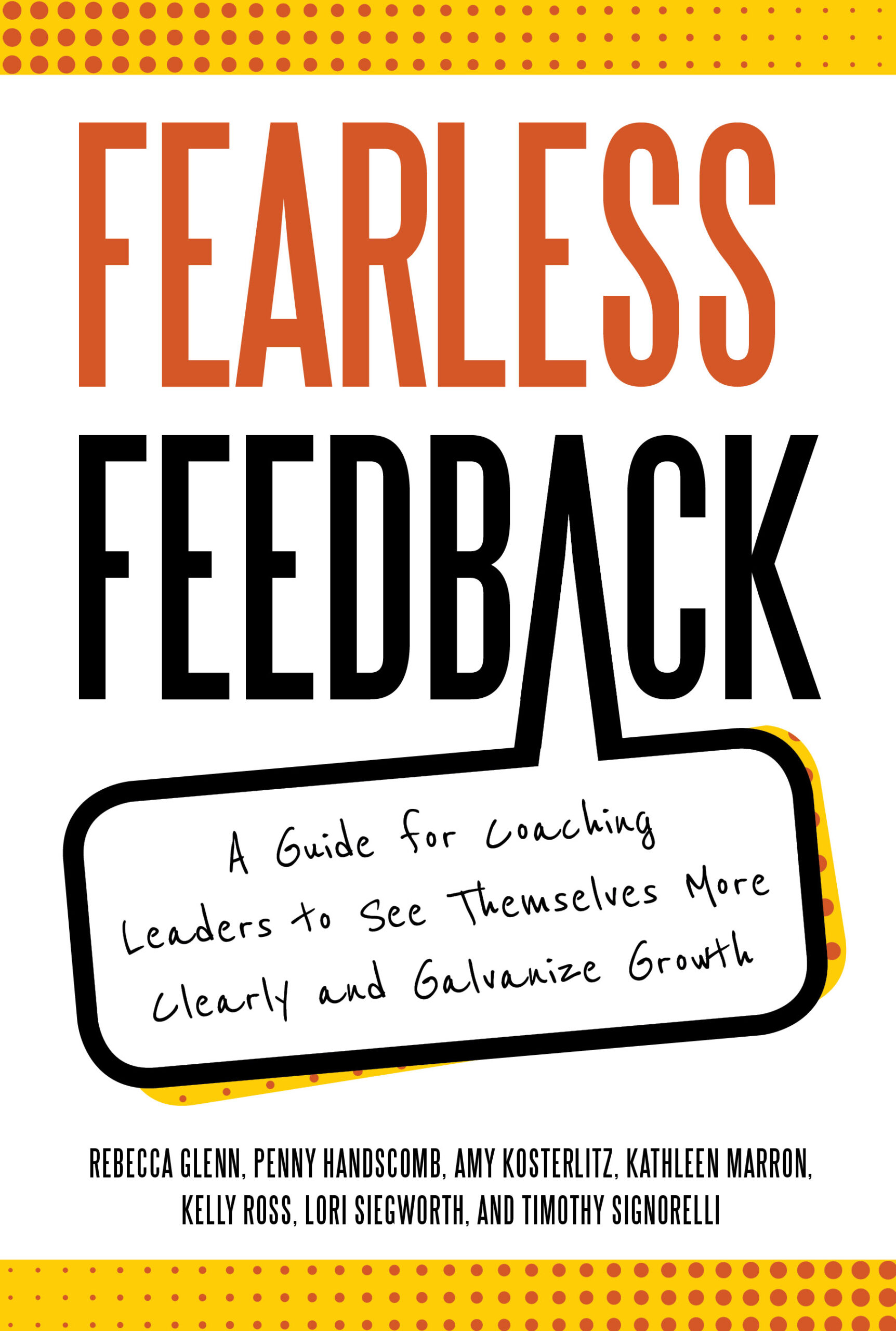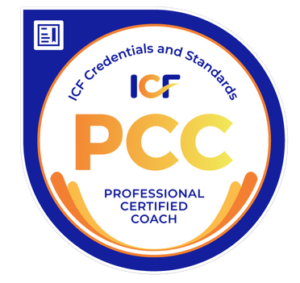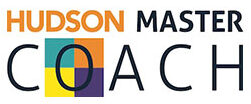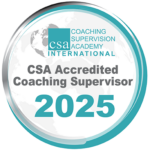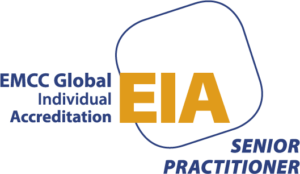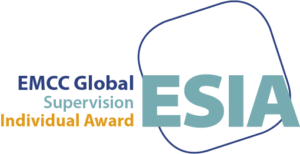12
Jun 2015
Be Real. Define Happy. Keep Your Rockstars.
While explaining what I do recently, I realized most of my work in leadership development and talent management boils down to helping clients (individuals and organizations) be real, define their happy and keep their rockstars. What do I mean by that?
Be real.
Much of my coaching work is with leaders and others who are making some sort of change. It might be a leader in a new role needing to navigate a broader scope of work or leading in a new area of the business. Some of my clients are sorting through a transition and trying to figure out what they really want in their next chapter. I see a theme around the challenge of being authentic and true to oneself while “fitting in” and doing the needed work. It can be hard to stand for what you believe and do what is needed to be successful. This personally resonates for me as I reflect on a two-and-a-half year overseas assignment where I was also in a new role, and I realize that I put on a “suit of armor” most days to meet the demands of that role. It was exhausting, and not as satisfying as other work I’ve done. Today I work to be real in my work and in my life. I think I am better for it, and the work I do is also better. I don’t mean to say that we never have to flex to meet the needs of our clients, employers, families, etc. I think being real is about striking the balance between authenticity and adaptability, and always having my eyes open to the tradeoffs and options. How real are you most days? Do you live most days aligned to your personal values?
Define happy.
I often ask coaching clients what success looks like for them, as a way to measure the coaching work we do together. Happy is what I hear from many in response to this question. Not surprisingly we all define happy differently, and many find it really tough to articulate what being happy looks like. Getting really clear about what your happy is, how you know day to day and year after year if you are happy is critical to feeling successful. How we each define happy drives the decisions we make, the little ones and the big ones. I work with clients to create a dashboard to track their happiness, typically across the different roles they play in their life: work, family, community, self, etc. I first defined my “happy dashboard” when I moved to Singapore for a job and wanted to be sure I had life outside of my work. I measured my work satisfaction, new things I was learning, friends I had outside of work, new adventures I was taking (such as learning to SCUBA dive and completing my first triathlon) and traveling for fun. I took myself on a monthly date to look at my dashboard measures and captured thoughts on my progress, setting a focus area for the following month. Today my dashboard concept is the same but my measures continue to shift. What does being happy mean for you? What’s on your happy dashboard?
Keep your rockstars.
My work with organizations is largely about finding ways to retain great people. Challenging, growing, and supporting great people is not an uncommon organizational goal, but it is difficult to do. There are often connections between retaining people that are being real and know what their happy is. Leaders that lead by example on these fronts typically find it easier to retain their rockstars. You may have seen that research that says employees don’t leave their organizations, they leave their boss; organizations need their leaders to demonstrate and lead from a place of being real and knowing their own happy to retain their rockstars. Different things drive different people, thus leaders have the challenge of determining what it is that drives each of their team members and working to personalize their experience to provide the right amount of challenge and support to help each person grow and develop, all while getting the work done efficiently. Most of my work with organizations is around building the learning strategy to support this development: what skill or behavior needs to be built or changed and what is the best way to deliver that learning? I often integrate training, learning on the job, coaching and peer support to ensure sustained change. What is your organization doing to keep your rockstars? Is there anything else you might starting doing?
